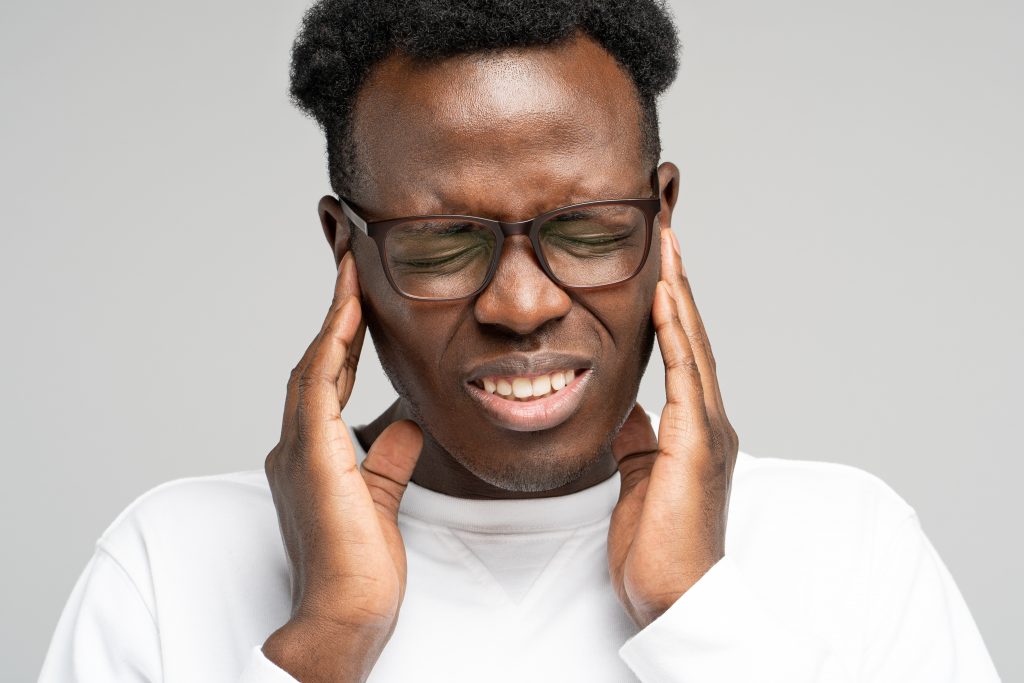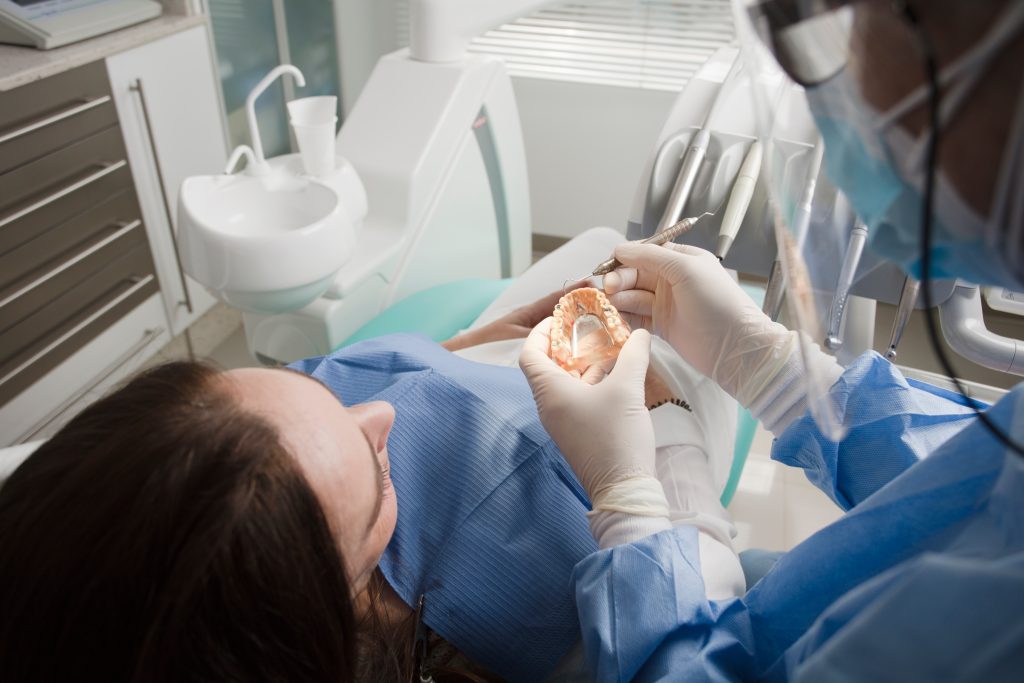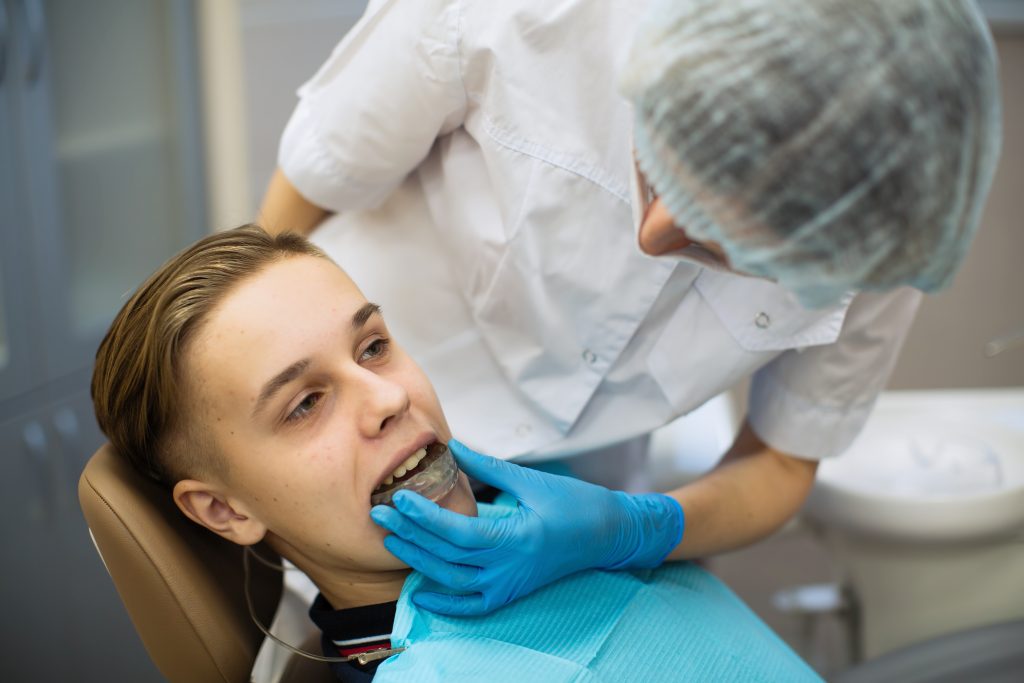Resource Library
Start Reading

Most everyone agrees that the pandemic turned the world on its heels. You’d be hard-pressed to come up with anyone or any area of life left unscathed by COVID-19.
The dental realm, for example, experienced an initial pause while safety concerns and protocols were being investigated and established. Despite evidence-based findings confirming the safety of maintaining routine dental visits, people still were hesitant to resume routine dental care.
But, there was another aspect of dental care that remained below the radar until recently. Increasingly, studies indicate a rise in bruxism—more commonly known as teeth grinding—and other stress-related dental conditions are affecting the oral health of people everywhere.
Bruxism contributes to a host of dental issues. Learn more about what causes teeth grinding and how Penn Dental Family Practice can help if you’ve developed this stress-related habit as a byproduct of the pandemic.
 In a poll from the Health Policy Institute (HPI), published by the American Dental Association (ADA) the week of February 15, 2021, upwards of 70% of dentists surveyed reported an increase in teeth grinding and clenching among patients. In addition, stress-related dental conditions such as chipped teeth, cracked teeth, and symptoms of temporomandibular joint (TMJ) are also on the rise.
In a poll from the Health Policy Institute (HPI), published by the American Dental Association (ADA) the week of February 15, 2021, upwards of 70% of dentists surveyed reported an increase in teeth grinding and clenching among patients. In addition, stress-related dental conditions such as chipped teeth, cracked teeth, and symptoms of temporomandibular joint (TMJ) are also on the rise.
The increase in teeth grinding alone, as reported by the surveyed dentists, had risen an astonishing 60% from fall 2020.
People grind their teeth during the day (awake bruxism) and while they rest (sleep bruxism). Both methods of teeth grinding can occur as the result of age (being more common among children), certain medications, and health conditions. People also grind their teeth during periods of increased anxiety, stress, anger, and frustration.
It’s no wonder, given that stress is a top cause of teeth grinding, that the pandemic triggered an increase in bruxism. According to research, 84% of adults expressed feeling an emotion linked with prolonged stress due to the pandemic.
 While some people may catch themselves grinding or clenching their teeth—even waking up because of it during sleep—others may have no realization. There are, however, several symptoms to indicate bruxism:
While some people may catch themselves grinding or clenching their teeth—even waking up because of it during sleep—others may have no realization. There are, however, several symptoms to indicate bruxism:
While mild cases of teeth grinding may not need to be treated, more severe cases of bruxism can cause several dental problems, which include:
 To prevent these outcomes (and others), your dentist will likely recommend:
To prevent these outcomes (and others), your dentist will likely recommend:
Once teeth have experienced the effects of grinding, they will not self-repair. However, as we explained above, your dentist can perform restorative and cosmetic procedures to improve the appearance and function of your teeth.
If you are one of the many people affected by teeth grinding due to pandemic-related stress or have any bruxism symptoms, Penn Dental Family Practice dental specialists can help. We continue to practice the highest standards of safety to prevent the spread of COVID-19 and keep our patients and dental staff protected. And, we utilize the latest approaches in dentistry, combined with state-of-the-art technology and techniques to provide dental patients with high-quality dental care.
Schedule a visit now. Or, call us anytime at 215-898-7337 for questions.